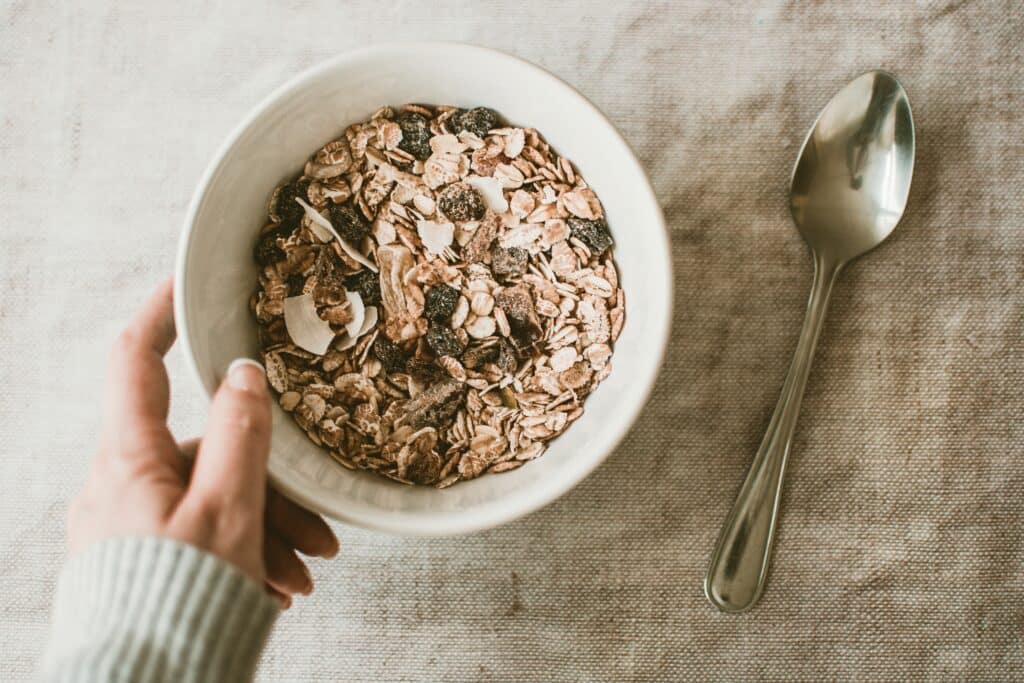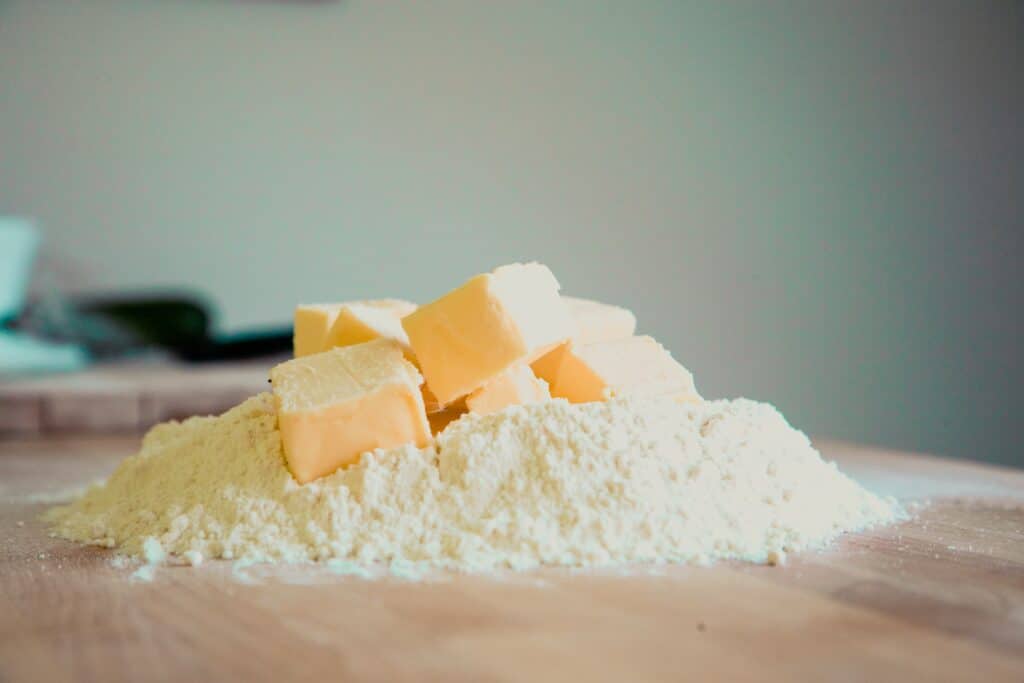
Foods you can still eat after the sell-by date
There is a common perception that as long as food is consumed within its sell-by date, it should be safe to eat. But is this really true? Have you ever opened your kitchen cupboard and found pasta, tinned food or other items past their sell-by date and ended up throwing them away because of this belief? Is it possible that this mindset leads to excessive food waste?
Medical experts point out that expiration dates actually refer to the “use by” or “best by” date, and don’t necessarily mean that the food will spoil immediately after that time. Food safety experts have identified 15 types of food, including canned goods, bread and dried pasta, that can be eaten after their sell-by date if stored properly.
Food safety experts explain that the term ‘sell-by date’ refers to the final date by which a commercially packaged food product can maintain its quality under specific storage conditions. This date is set to ensure the efficacy and safety of the food when consumed. However, it is important to note that only food that has been produced, transported and stored in an appropriate environment within its use-by date is safe for consumption. Caution should still be exercised if the packaging is damaged, the food labelling is unclear, or proper storage measures are not taken after purchase.
What is “Expiration date” or “Expiry date.”
How is the “sell by” date of food products determined?
The ‘use-by’ date is set by manufacturers based on a wide range of data to provide a suggested range of dates for consumption under appropriate storage conditions. The purpose of this is to ensure the efficacy and safety of the food product. However, it is important to note that the use-by date is only a guideline and does not necessarily mean that the food is unsafe to consume once it has passed this date.

“15 types of food that can still be consumed after their expiration date”
“15 types of food that can still be consumed after their expiration date” are as follows:
- Canned goods: If stored in a dry environment, with no dents or rust on the can, they can be eaten up to 4 years past the expiration date.
- Cheese: It can still be consumed even after 1 month past the expiration date.
- Breakfast cereal: If the package is unopened, it can be consumed up to 6 months past the expiration date.
- Eggs: If they sink in water, they are safe to eat; if they float, they should be discarded.
- Frozen food: Due to low-temperature storage and dehydration through freezing, frozen food can still be eaten even if it has passed its expiration date.
- Cookies: If they don’t have an off smell or turn into crumbs, they can still be consumed.
- Cream: Put it in the freezer just before the expiration date to extend its freshness.
- Bread: Keeping it in the freezer will keep it fresh even after the expiration date.
- Packaged mixed vegetables: As long as they haven’t become mushy, they can be consumed after the expiration date.
- Cake Mix: Cake mixes are convenient for making desserts without the need to bake from scratch. If you have extra cake mix from a sale and it’s past the expiration date on the box, don’t discard it. You can still use it safely for four to five months after the expiry date if stored in a cool, dry place. Want to try something new? Check out these stunning cake recipes to bake this spring.
- Applesauce: Unopened jars of unrefrigerated applesauce can be safely consumed up to 18 months after the best before date if stored in a cool, dark pantry. For opened jars in the fridge, freeze the applesauce in ice cube trays and store the frozen cubes in an airtight container for future baking projects.
- Dried noodles: In a completely dried state, they can be kept for up to 3 years.
- Hard Cheeses :Hard cheeses like cheddar and Parmesan can still be eaten if mold has formed. Simply remove any moldy parts before using, whether it’s for mac and cheese or pasta topping. Typically, hard cheeses are safe to eat up to a month after the expiration date.
- Bread The best by date on fresh bread is meant for storing it on the counter. As long as there’s no mold, it’s safe to use for sandwiches or French toast. To extend its shelf life, store bread in the fridge (up to two weeks) or freeze it. Discover some magical methods to revive stale food.
- Butter Before it expires, freeze butter to extend its freshness. Once thawed, it’s best to use it all at once. If you have leftover butter, save it for your next baking project.
How long can food be kept?
Dried, vacuum-sealed and sterilised foods are less likely to spoil, but that doesn’t mean they never will. Once they have passed their ‘sell-by’ or ‘use-by’ date, their nutritional value and taste can deteriorate. Therefore, expired food can still be consumed, but it is advisable to use it as soon as possible to ensure the best quality.
“Expiration date doesn’t mean food is spoiled” – EU advocates for “zero waste.”
The European Union has launched a ‘Zero Food Waste’ movement, proposing to remove sell-by dates from the packaging of dry foods such as rice, pasta and coffee powder. This is to reduce food waste caused by people throwing away food when they see it has expired. The practice has already been introduced by the UK’s largest supermarket chain, Tesco.
This has sparked debate among food experts, with supporters pointing out that labels on dry foods indicate the ‘best before’ date, meaning that consuming the product before this date ensures the best flavour. Eating past this date does not necessarily mean that the food has gone off, but that it may not be as fresh.
How long can food be stored?
This depends on the storage method and the type of food.
Food safety experts believe that dry foods, vacuum-sealed foods and sterilised foods are less likely to spoil, but that doesn’t mean they will never spoil. If dry goods get damp, vacuum-sealed tins bulge, or food is contaminated with bacteria, it is not advisable to eat it, even if it has not reached its sell-by date.